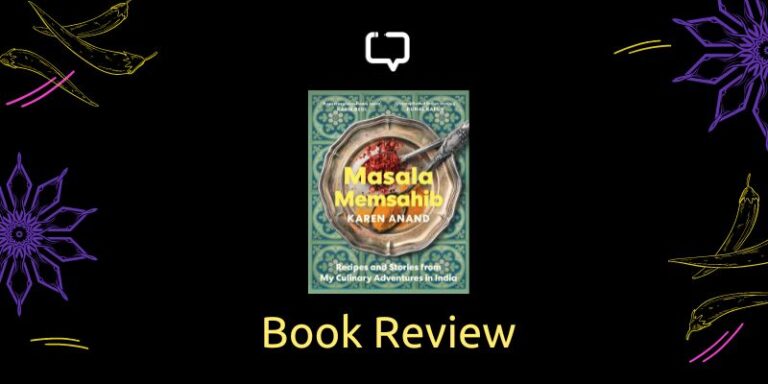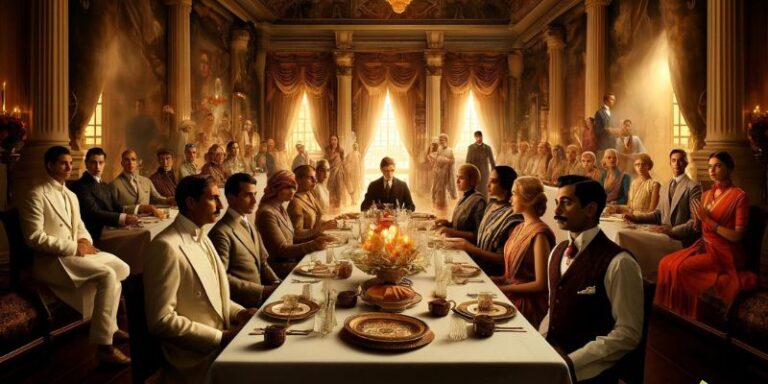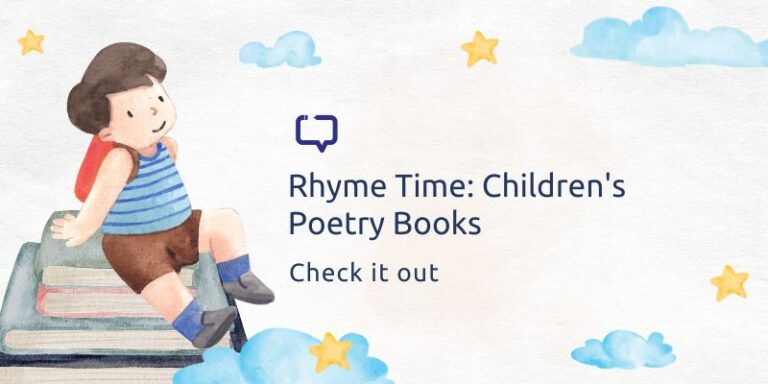Rahul Vishnoi reviews Shadows Rising by Rohan Monteiro (published by Westland, 2024).
Shadows Rising by Rohan Monteiro marries mythology with fantasy and then lets it have a steamy affair with mystery and thrill. It fills a crater-like hole where Hindu mytho-fantasy novels should have been stacked up. Using elements from Hindu epics and folklore, Monteiro creates a hero who has committed a crime against divinity. This crime is heinous, and it leads to the omission of his name from the divine records as well as his ostracization.
Recommended Reading: 4 Recommended Reads on Reimagined Indian Mythology
Akran the Yaksha: A Hero with a Mysterious Past
Akran is his name, and he is a yaksha. He was once an incredibly powerful celestial being. Hoodwinked into committing a crime that he doesn’t remember; he is now living his years on earth. But what was this crime? In his trademark dry wit, Akran opines:
I happen to be a Yaksha—a semi-immortal, banished for a crime I don’t remember committing. It’s too long a tale and will make you all weepy to hear it now, so we should probably save it for another day. It’s great for killing the mood at parties.
– Rohan Monteiro, Shadows Rising
This crime makes for a nice twist (although I had guessed it early on).

Akran is not immortal but he has a very long life. He is powerful but far from invincible. Rohan Monteiro has woven a very vulnerable thread into his being. His sexuality is fluid, too, although if Monteiro had explored it and not just told us about it, it would have made him even more interesting, not that he isn’t already. He dishes out some really cool one-liners:
I tried to avoid rolling my eyes. Praying at a temple made you a good person as much as my aunt growing a moustache would make her my uncle. I never understood why they equated the two.
– Rohan Monteiro, Shadows Rising
Magic, Music, and Mayhem: The Search Begins
Akran has already used whatever residual magic he could muster to help find some missing pets. Now that people have heard of him, he is approached by an old man to seek his granddaughter. Split between his date and finding the girl, Akran agrees to visit the grandfather’s flat and thus begins his investigation. When he stumbles upon a snippet of divine music and a magical trap that detonates, he wonders if he’s bitten more than he can chew. There is more to this iceberg than just what’s visible above the surface. Akran’s investigation begins, and Monteiro throws the readers into an exciting whirlpool of vengeful demons, powerful yakshas and exiled gods.
Recommended Reading: Untangling the Threads: Exploring Male Gaze in Indian Mythologies
Having spent a few hundred years on earth, he has had enough time to pick up some life skills, discard a few, and hone the rest to perfection. Akran has learned to pick locks, filch wallets, etc., which he claims to have learned because he liked knowing how it’s done and not for any actual benefits.
Gods, Demons, and Friendship
Look out for the interesting characters of Shukracharya, Kamdeva, and the one related to Goddess Saraswati. This forms the coterie that stands in solidarity with Akran as he tries to convince them to save the mortal world from certain annihilation. I would have loved it if Rohan Monteiro had devoted more time to their friendship.
Now a note on the supervillain of this story. While I can’t tell you their name, what’s more interesting is that Monteiro has played with morality here. The demon who’s being raised to wreak havoc on the world is less a danger than this supposedly divine and ‘good’ entity that plays the villain. The writing of the fight scenes between the two MCs is incredibly thrilling and shoves you right to the edge of your seat.
Recommended Reading: The Kaunteyas: Queen Kunti’s Mahabharata
Monteiro’s effort to dash it with humour is a fine writing choice. He has a gift for dark humour and one-liners. When they fit into the story, they make you crack a smile. When they don’t, you forgive the author for trying… and for the ones that have landed. Humour matches the steps of the mystery in this one and how.
Urban Legends and Mythical Tales in Rohan Monteiro’s Novel
Rohan Monteiro has based the story in the metro of Mumbai and strewn various landmarks in the story, placing it in the niche of urban fantasy. The story moves at a relentless pace, like a train that’s already missed its schedule by a day and a half. Monteiro, however, doesn’t compromise with the details that enrich the story. Watch out how he picks elements from the mythology and spins the web of fantasy around them. This ain’t some lazy retelling but a fiercely original story. The magical tropes aren’t left lazily to just the ‘magic’ but have been explained in detail and make up for exciting reading and there’s a brilliant segment on location spells and sympathetic magic.
He has also included some very interesting snippets about Mahabharata. He reveals that the episode of disrobing of Draupadi wasn’t part of the original epic. It was added later on, to turn the heroes more heroic and the villains more villainous. Monteiro comes to this conclusion because, in this particular episode, every person behaves in a way that’s fundamentally opposite to their inherent nature.
Recommended Reading: Mallar Chatterjee’s Shakuni: A Fresh Perspective on the Mahabharata
Conclusion
Shadows Rising by Rohan Monteiro is a wild, mythological ride packed with dark humor, fast-paced action, and a refreshing twist on ancient stories. The end of the book promises a sequel, delving this time into the epic of Ramayana. I am waiting for it already. Miss this book at your risk!
Have you read this mythological adventure into a world where ancient legends meet modern chaos? Tell us by sharing your thoughts in the comments below!






















